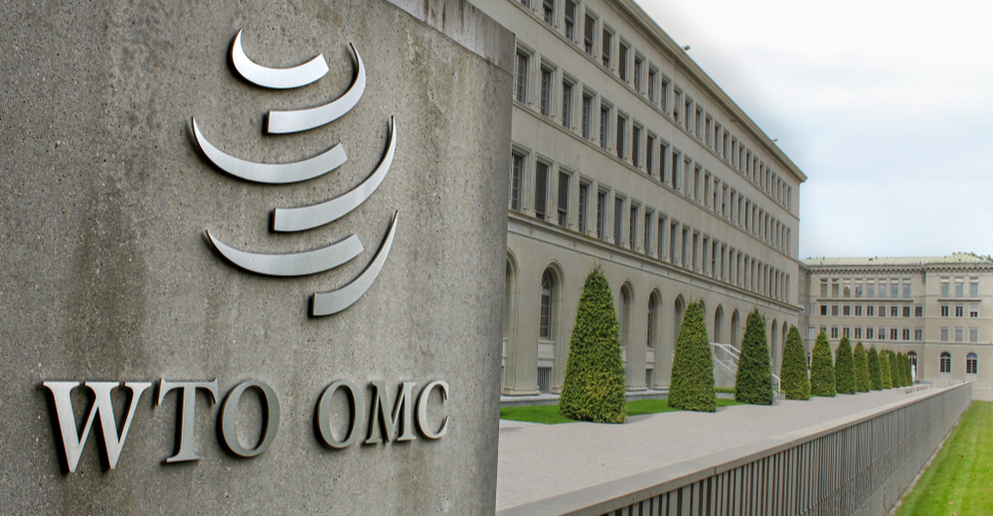
This post presents a paper that examines whether the WTO Government Procurement Agreement (GPA) is destined to remain an agreement comprised primarily of developed countries, and if so, whether it can remain relevant.
The GPA’s membership has grown steadily since it entered into force. It now includes nearly one-third of the WTO’s 164 members. Half of the GPA’s 48 members have been added since the founding of the WTO in 1996. Three sources accounted for that growth: enlargement of the European Union, commitments by new WTO members to seek GPA membership, and accessions by former GATT contracting parties. Two of these factors are unlikely to provide the same level of growth in the future.
Only if the GPA can attract more former GATT contracting parties will it be able to achieve significant growth. The GPA faces the prospect of remaining a niche agreement, primarily made up of developed countries, unless it can bring in more former GATT contracting parties. Currently, Brazil is the only one in that group seeking to join the GPA. China and the other countries in GPA accession negotiations are fulfilling WTO pledges to seek GPA membership.
In considering the potential growth of the GPA, the paper suggests that the parties consider whether they are hindering its growth with their inability to show that GPA membership translates into real market access for their suppliers. Another consideration is whether the parties create a disincentive by allowing non-GPA countries to participate in their procurement without opening their own procurement markets.
The paper, “Can the GPA Remain Relevant with Limited Membership?,” was presented at the Global Procurement Revolution XI conference at the University of Nottingham in England’s East Midlands in June 2022. The biannual conference is a major gathering of international procurement scholars, lawyers, government officials, practitioners, and multilateral organizations
Jean Heilman Grier
June 21, 2022
Related Posts

